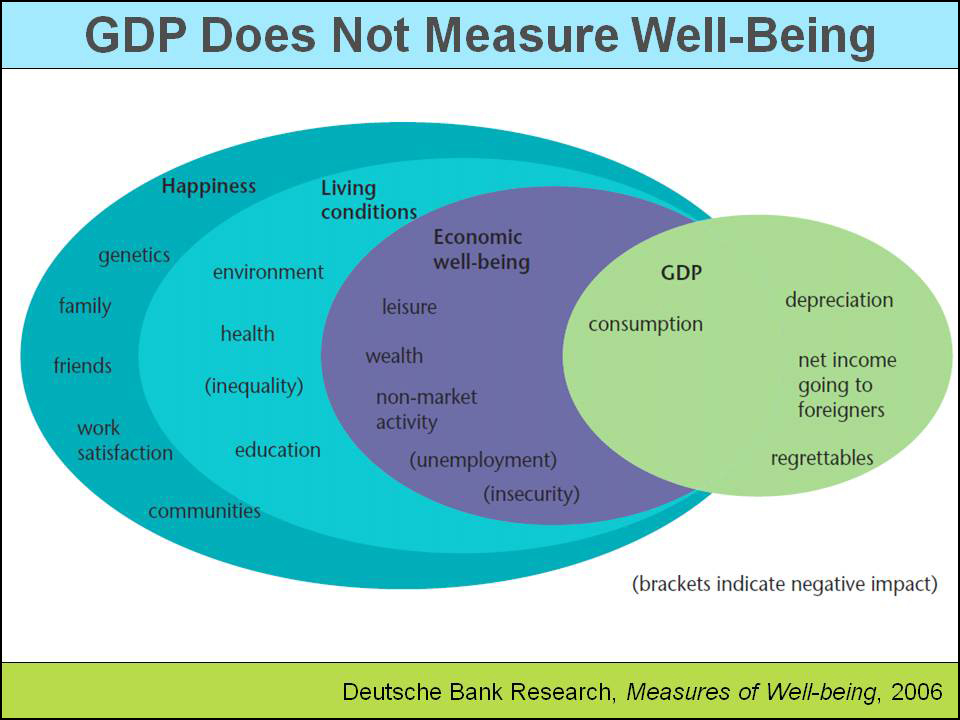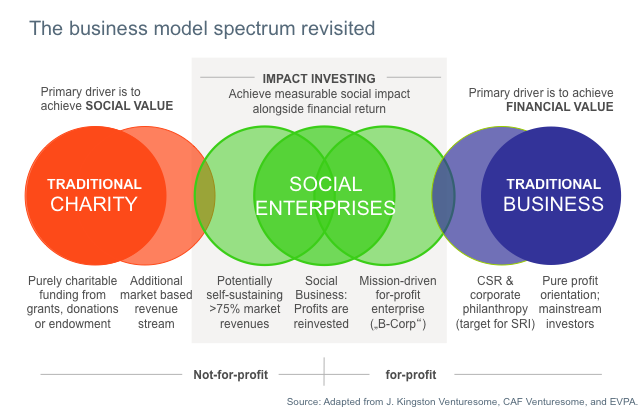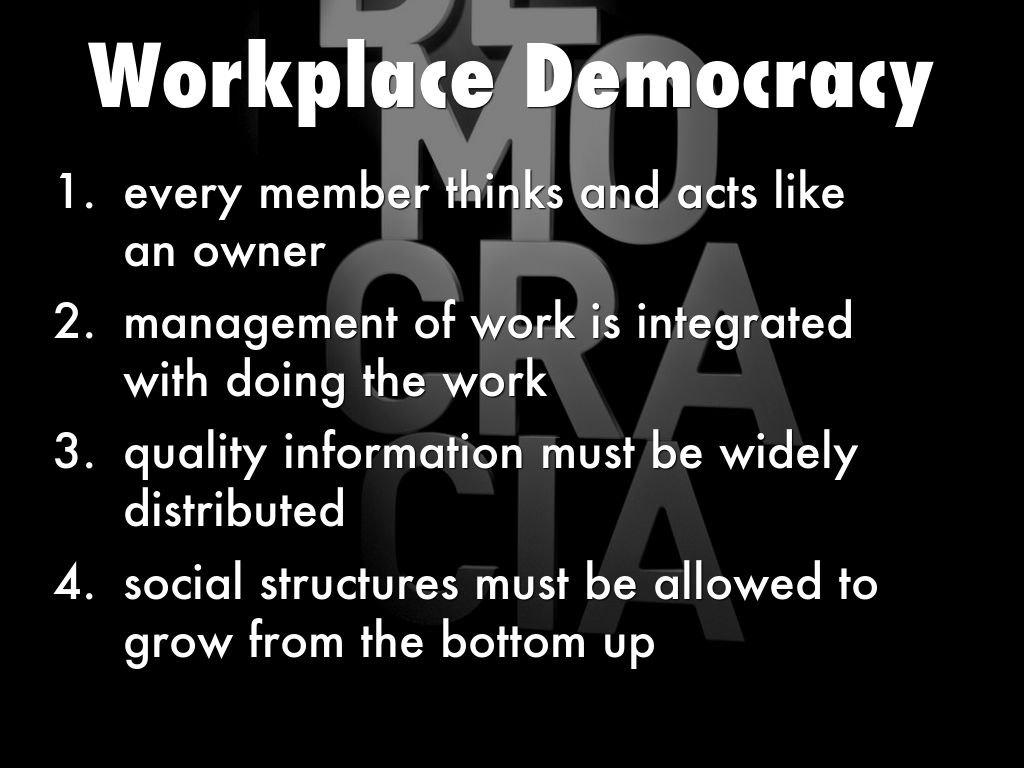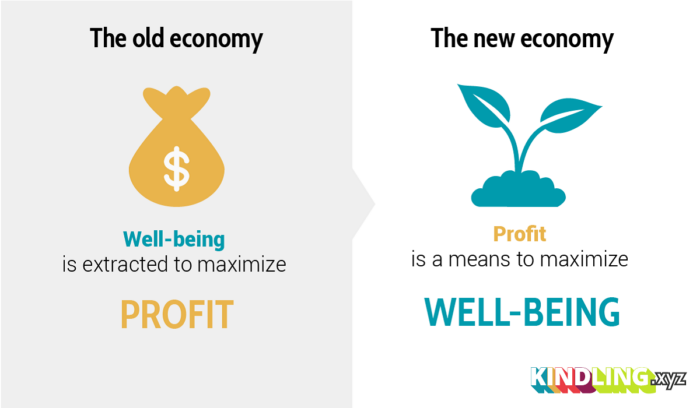The new economy, the short version
Economics is often paraded around as a hard science. In truth, in many ways, economics is really about values. Our current economy is built around competition and individualism. If we wanted, we could build a new economy based around:
- Well-being (rather than money)
- Serving the common good (rather than serving the wealthy)
- Democracy in the workplace (rather than rigid hierarchies)
- Long-term planning (rather than short-term greed)
The new economy, the longer version
When I was in college, my roommate and I often came around to the questions: What major would your ideal girlfriend study? What majors would be a total buzzkill dealbreaker?
To the second question, I declared “Economics,” or sometimes “Business.”
In my mind, people focused on business and economics were the worst of the worst. They wanted to make money by any means necessary, completely detached from their humanity and the planet. They were going to spend their lives holed up in some cubicle or corner office looking at spreadsheets and lining their pockets to the detriment of everyone else. They were the problem, not the solution.
And I sensed on some level that economists were the ultimate bullshitters, spewing their beliefs as facts with little to no basis for their claims. They claimed they were social scientists, but they were too often simply ideologues.
Since then, I’ve actually gotten my Masters in Business Administration and started a non-profit focused in part on building a new economic system. It’s a fascinating and deeply important issue. Part of me was just plain wrong in my judgments as a college student.
But part of me was right, I think. As I’ve come to study the topic more, I’m realizing that economists ARE bullshitters. They assert many things as fact or the only option available when there are many possibilities available to us.

Economics is not a hard science
Economics parades around as a field of numbers and analysis. Supply vs. demand. Elasticity. Gross domestic product. Economics bestows upon itself an air of gravitas, certainty, and precision. It calls itself a hard science. It implies that only someone with a Ph.D. could reasonably think about or speak to these issues.
But at its core, economics is about the flow of goods, services, and value within society. As Lionel Robbins put it:
Economics … studies human behavior as a relationship between given ends and scarce means which have alternative uses.
Really, economics is about values. What ends are we aiming for? What ends are fundamental human rights that everyone should and must have access to? What goods and services are of most value? When we have scarce means, what takes priority?
The way we set up our economy is how we answer these fundamental, moral questions for our society.
The truth about the current economy
In modern life, amid circumstances that seem impossibly cruel or unjust, we often tell ourselves “This is just the way it is. This is the way it has to be.” There must be a good reason why we’ve structured things this way. If it really made sense to do it a different way, we would have already, we tell ourselves.

If we could have a thriving economy that eliminates poverty, we would. If we could have a thriving economy that doesn’t destroy the planet, we would. Right?
No, not necessarily. The economy we have now was built intentionally to uphold a specific set of values: competition and individualism. We’ve set up a system where we all compete against one another and whoever wins gets the spoils. Whoever loses needs to work harder. This system celebrates, rewards, and empowers wealth. Wealth is the measure of who won the game. We praise and admire those who made it to the top. We herald them as “job creators” and ask them to sit on panels to tell us how to live our lives.
We – or at least some of us – have chosen an economy that equates wealth with goodness, that is OK with people dying of poverty, and which believes the quality of children’s education should be a function of how wealthy their parents are.
“Economics” as a broad concept in no way necessitates this. One economic system might optimize for certain values, while another might optimize for something different entirely. In the same way, our economy could fundamentally recalibrate itself upon different values and toward different ends.
We could create a new economy.
The 4 core questions at the root of the new economy
Question #1: What does it mean for our society to “grow”?
In the old economy, success is measured by how much wealth – and specifically money – there is. We optimize everything so that we maximize how much money exists. It doesn’t matter how it’s distributed. It’ll eventually trickle down to everyone if there’s enough of it. It doesn’t matter at what cost to the environment or people. Having more money will allow us to fix whatever problems might arise.

In the new economy, we redefine what it means for our society to grow. Money becomes a means to other ends: well-being, sustainability, and equity. Our measure of success is when people are thriving, when they are set up to thrive over the long-term, and where everyone has an equal opportunity to thrive.
Question #2: Should all organizations create value for society?
In the old economy, organizations are tasked with one objective: create value for the owners. In some countries, this is even written into the law. Businesses are designed from the start to return money to investors. They extract value from society so they can redistribute it to the already wealthy. If this is to the detriment of the people who work in the company, the planet that sustains it, or society at large, so be it.

In the new economy, organizations – all organizations – are expected and designed to create value for society. Every organization has a purpose. It doesn’t try to do “less harm,” it actively fosters well-being, whether through producing healthy food in a sustainable way, creating joy through entertainment, improving customers’ lives through a new innovative product, or whatever. What matters is the organization’s core purpose is to benefit society. It makes money in service to that goal.
Question #3: Does democracy belong in the workplace?
In the old economy, democracy is a core value for nearly every one of us – when it comes to government. When it comes to organizations and the economy, we think quite differently. We think hierarchy and authority are not only important but essential. So we have elite executive teams that make all the decisions – often to their own benefit at the expense of everyone else.

In the new economy, democracy is a core value in our government and in our economy. We expect organizations to abide by democratic processes. While not every decision comes to a vote, employees have an opportunity to have their voice truly heard. Perhaps even more importantly, more organizations are owned cooperatively. So when the business succeeds, so do all of the people who have contributed to that success.
Question #4: Should we manage for the short-term or the long-term?
In the old economy, most decisions are managed on a quarterly or even monthly basis. We must make money and we must do it now. Business managers are under such incredible pressure to make money now that they make decisions that impede their long-term viability, and that of our society.
In the new economy, ultimately, we know that our goal is long-term, sustained well-being for as many people as possible.
A new beginning
I made a mistake in college that I think many of us make. We see the corruption, moral hollowness, and lifelessness of economic discussion, especially in Western Civilization, and we assume this is just what “Economics” is. Dull. Analytical. Impenetrable. If we consider ourselves change agents, we write it off and focus on environmental studies, psychology, social work, or any other type of “do-gooder” profession.
But more and more, I see that at the core of ecological destruction, poverty, violence, mental illness, and so on, are economic realities that create those dynamics. When we value money above all else, everything else falls by the wayside.
Economics is the gateway to how our society establishes its values on a practical level. We need more economists, not fewer. We need more economists and businesspeople who hold and uphold values of opportunity, peace, and sustainability. When these values become the norm, everything will begin changing. We’ll see an economy that measures success by the well-being of actual people, not numbers on a spreadsheet. We’ll see an economy that manages itself for long-term success, not ephemeral, short-term gain.
That’s the new economy.
More on the new economy
- Toward a New, Green Economy – by Peter A. Victor and Tim Jackson
- Well-being Economy: A Scenario for a Post-growth Horizontal Governance System by Lorenzo Fioramonti
- To Find Alternatives to Capitalism, Think Small by David Bollier

